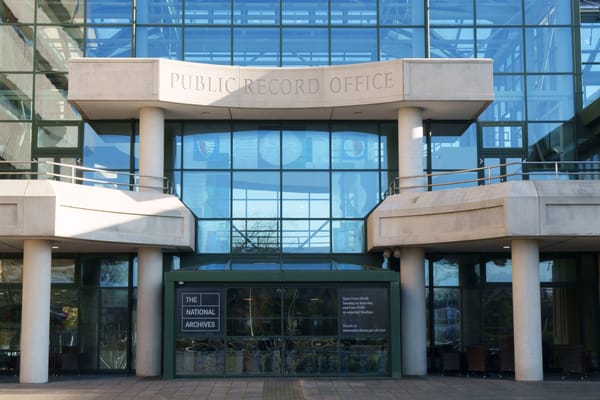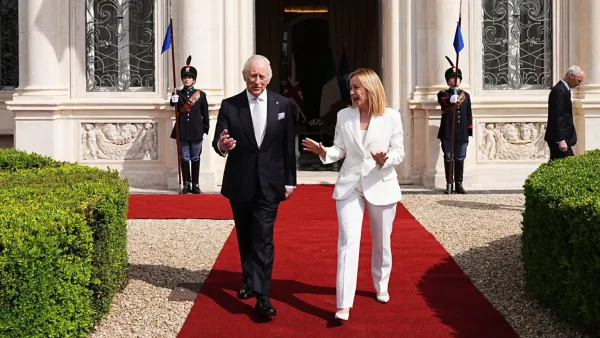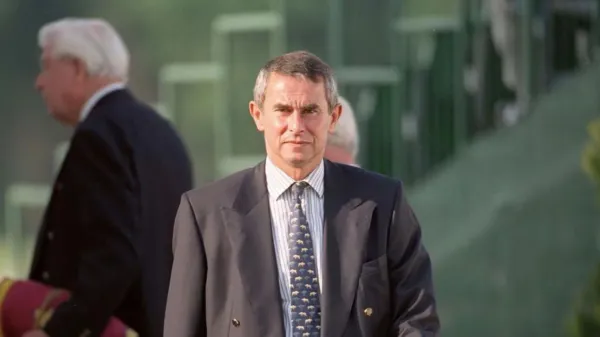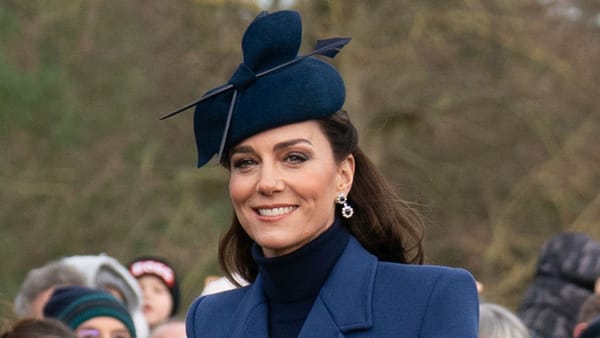Prince William Shows Support for Ukraine and NATO During Estonia Visit
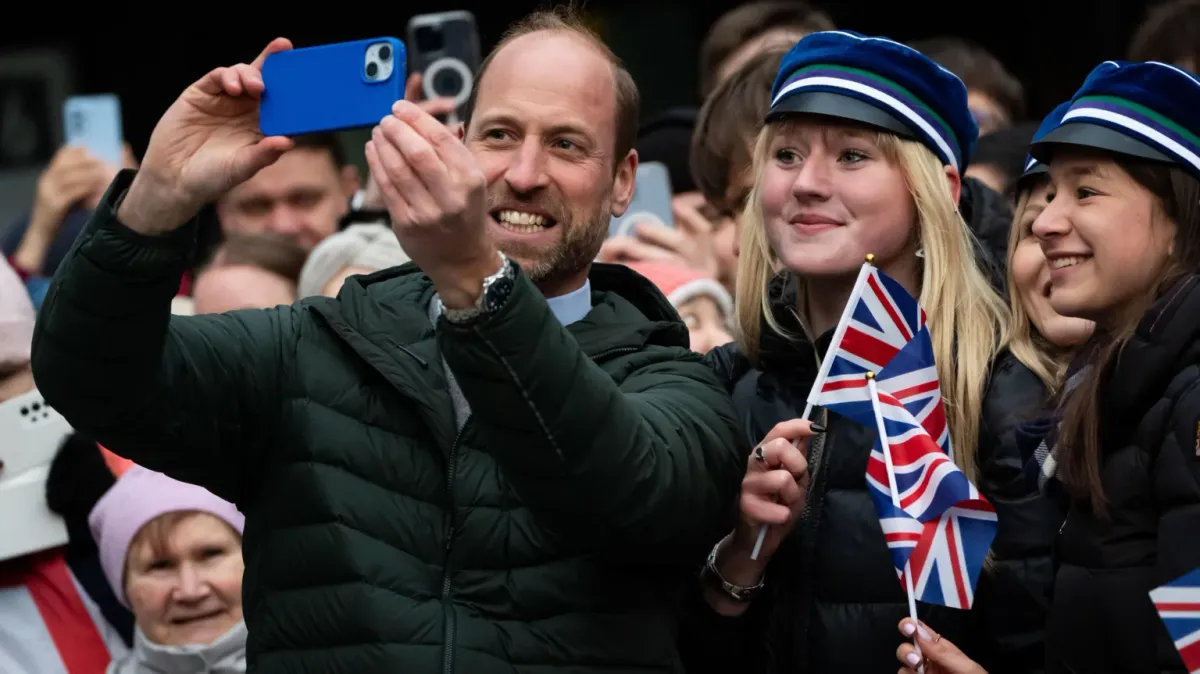
The Prince of Wales embarked on a significant two-day diplomatic mission to Estonia this week, demonstrating Britain's commitment to NATO's eastern flank while expressing solidarity with Ukrainian refugees affected by the ongoing conflict.
During a visit to a school in Tallinn, Prince William engaged with young Ukrainians who have sought refuge in Estonia, praising their spirit in the face of adversity. "The Ukrainian resilience is everywhere," he told the students. "You have a very good spirit, very good souls, it's very important."
The royal tour began with a substantive 35-minute meeting with Estonian President Alar Karis, focused primarily on Russia's invasion of Ukraine and its implications for regional security. Their discussions underscored the strategic importance of the small Baltic nation in NATO's defense architecture.
Despite temperatures hovering near freezing, enthusiastic crowds gathered in Tallinn to welcome the prince, with many waiting for hours for a glimpse of the royal visitor. William displayed a personal touch during these encounters, taking time to chat with supporters and even using onlookers' phones to snap selfies. Some observers noted his choice of attire – a jacket from Canadian company Lululemon – as a potential diplomatic gesture.
The timing of William's visit holds particular significance amid mounting concerns about Russia's military intentions. Estonia, with its 1.3 million citizens, sits at a geopolitical crossroads, sharing a border with Russia and feeling acutely vulnerable to potential aggression. The country has taken decisive steps to strengthen its security posture, withdrawing from a treaty banning anti-personnel landmines and planning to boost military spending to an extraordinary 5% of GDP.
Friday's itinerary will take the prince to observe military training exercises involving the 900 UK troops currently stationed in Estonia – Britain's largest operational deployment overseas. Among these forces are members of the Mercian Regiment, of which Prince William serves as colonel-in-chief.
At the University of Tallinn, faculty and students expressed appreciation for the royal visit, viewing it as a tangible demonstration of Western solidarity. Catlyn Kirna, a senior lecturer specializing in cyber-security, conveyed the palpable anxiety felt across Estonia: "We're more or less preparing for war," she said, noting the constant stream of cyber attacks and disinformation campaigns originating from Russia.
"If Ukraine falls, we will have to fight for our lives," Kirna added, highlighting how the conflict resonates differently in Estonia compared to Western Europe. "In western Europe, it might be bad news. For us, it's the end of the world."
Political science student Julija Raudkivi echoed these concerns, particularly regarding former US President Trump's ambivalent stance toward NATO. "We talk about it a lot," she said. "There's definitely some underlying anxiety about the threat posed by Russia. It's the proximity, we're so close."
Twenty-one-year-old arts student Sander Poldmaa, who volunteers with Estonia's defense forces, emphasized the country's commitment to preparedness while hoping to avoid conflict: "The main point for me is that I don't want the war to happen," he explained. "But we need the ability to defend ourselves. The horror of people in the front line in Ukraine, I wouldn't want that for anyone."
Estonia's commitment to Ukraine has been remarkable, with the nation providing more aid proportional to its GDP than any other country – four times the relative contribution of the United Kingdom.
As Prince William's visit continues, it represents more than a ceremonial occasion; it serves as a strategic message about Britain's unwavering support for NATO allies at a time when unity among Western powers has never been more critical for European security.


